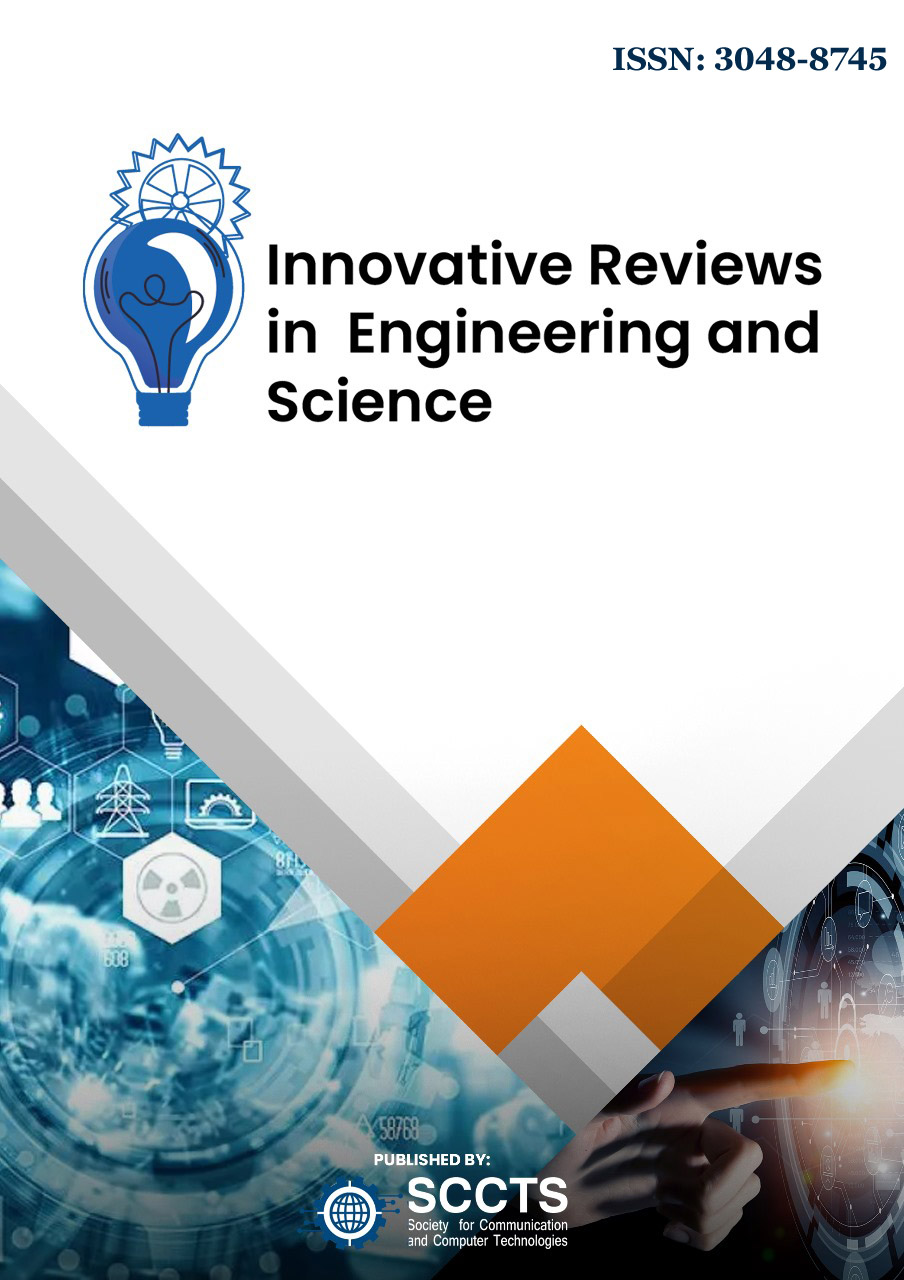Strategies and Solutions in Advanced Control System Engineering
DOI:
https://doi.org/10.31838/INES/02.02.04Keywords:
Adaptive Control; Artificial Intelligence; Fault Detection; Model Predictive Control (MPC); Robust Control Algorithms; System Optimization; Predictive MaintenanceAbstract
Advanced control system engineering plays a critical role in optimizing the performance and efficiency of complex systems across various industries. This abstract explores the latest strategies and solutions implemented in advanced control system engineering to address contemporary challenges. Key approaches include the integration of robust control algorithms, model predictive control (MPC), and adaptive control techniques, which enhance system stability, responsiveness, and adaptability to changing conditions.Robust control algorithms are designed to maintain system performance in the presence of uncertainties and external disturbances, ensuring reliability in diverse applications such as aerospace, automotive, and industrial automation. Model predictive control (MPC) leverages dynamic models of processes to predict future behavior and optimize control actions, making it highly effective for multi-variable systems with constraints. Adaptive control techniques allow systems to adjust parameters in real-time based on performance feedback, providing enhanced flexibility and precision. The incorporation of machine learning and artificial intelligence into control systems has revolutionized the field, enabling the development of intelligent controllers capable of learning and improving over time. This integration facilitates predictive maintenance, fault detection, and system optimization, contributing to increased operational efficiency and reduced downtime. Advanced control system engineering is pivotal in driving innovation and efficiency in modern technological systems. By employing sophisticated control strategies and integrating cutting-edge technologies, engineers can achieve superior performance and reliability in complex applications.





